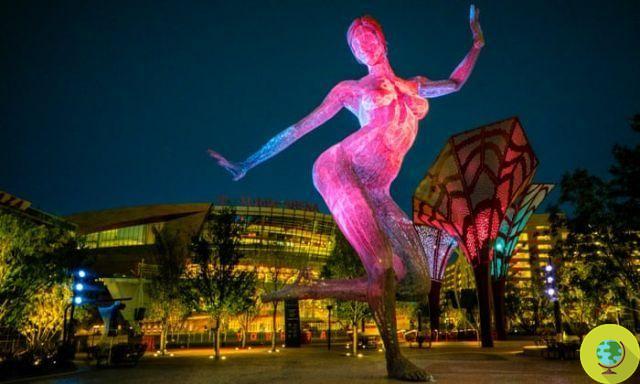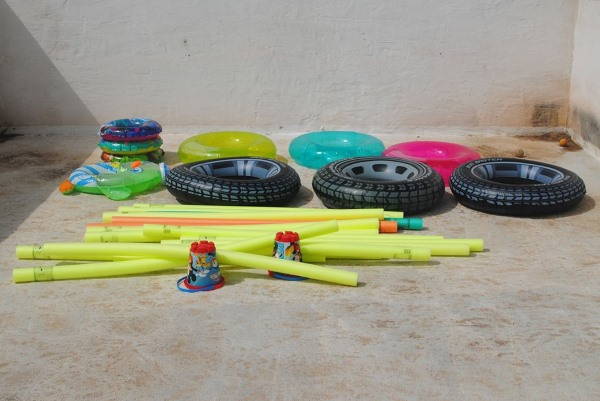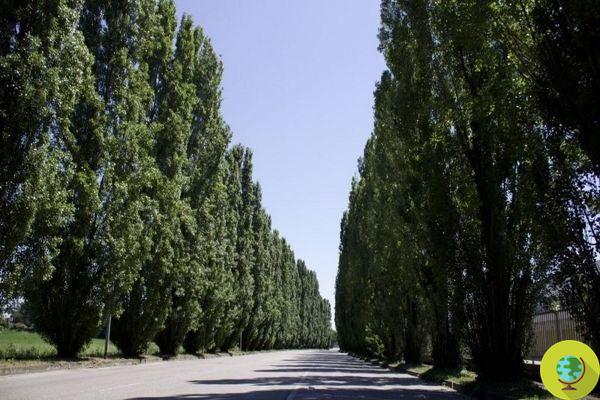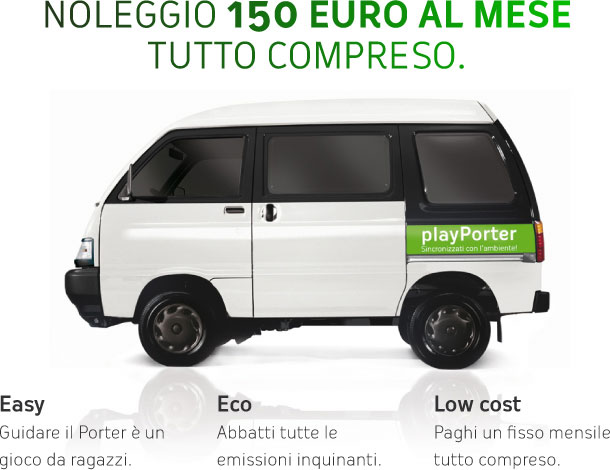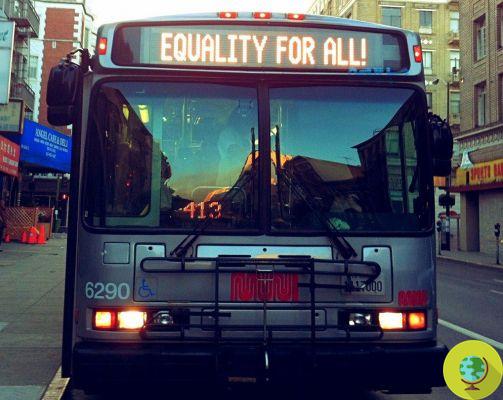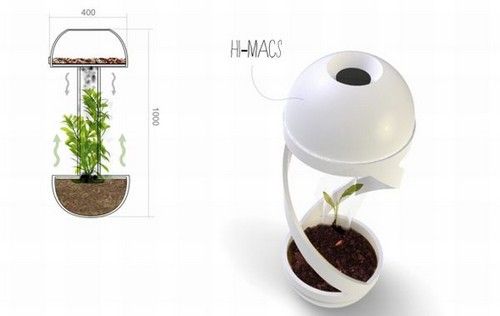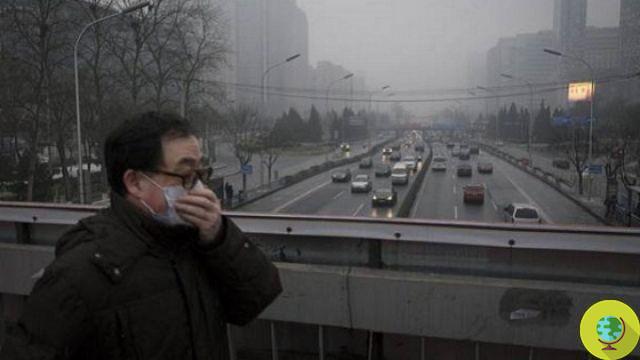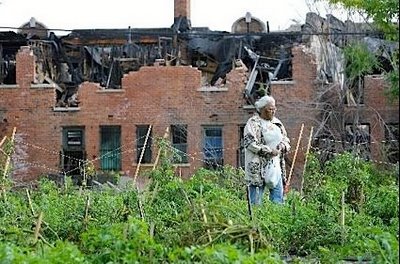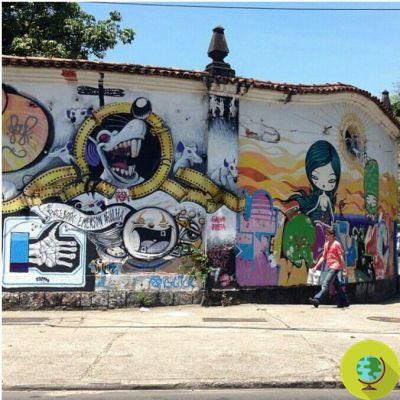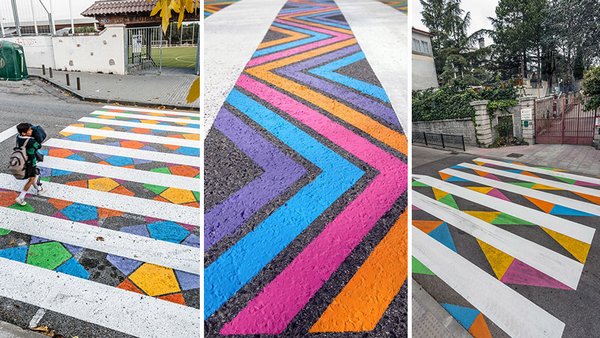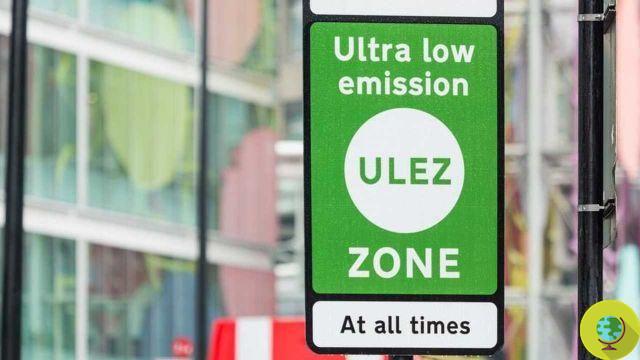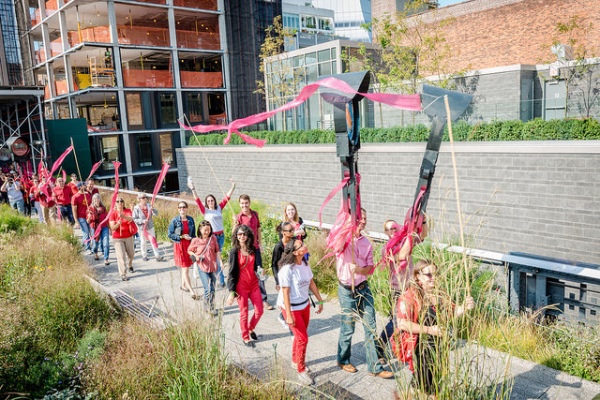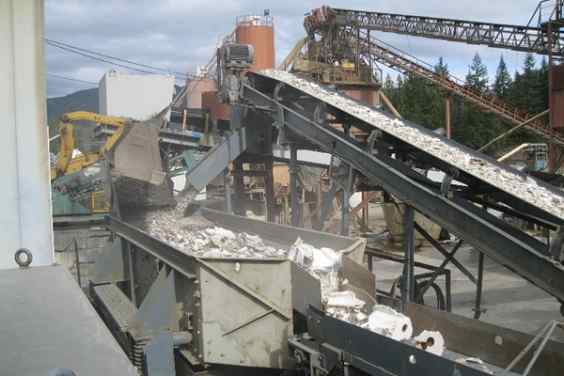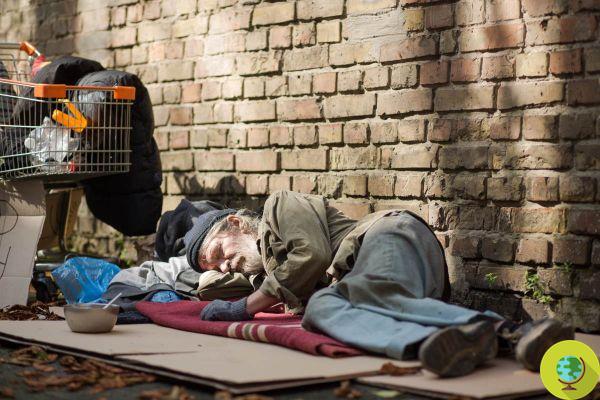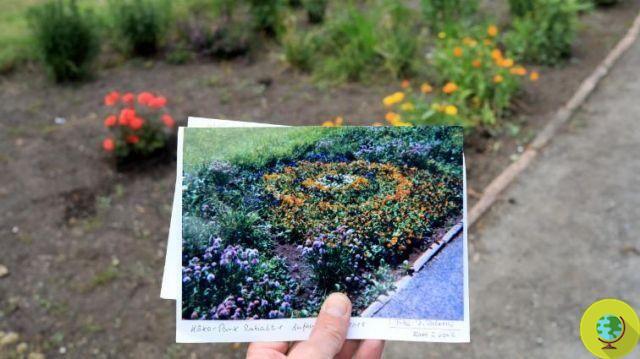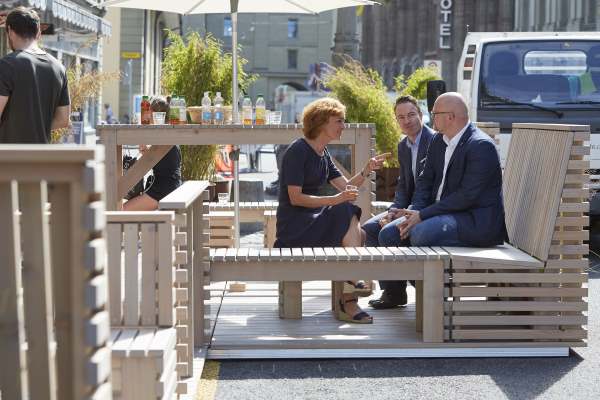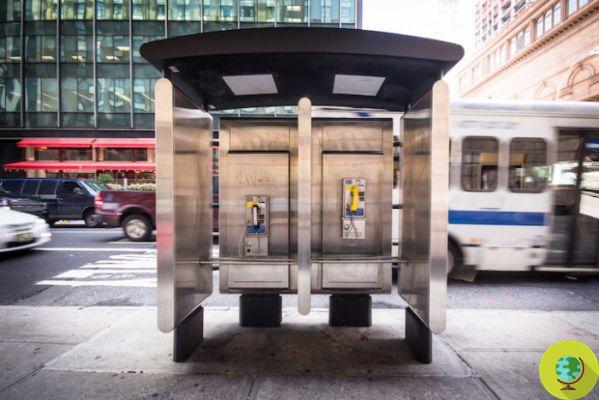The asphalt on the streets of London is getting greener and greener. In fact, a revolutionary product made with waste materials has arrived in the Enfield district.
He is about to end up run over, his mother saves himThe asphalt on the streets of London is getting greener and greener. In fact, a revolutionary product made with waste materials has arrived in the Enfield district.
Enfield is therefore the first London city hall to use this mix that uses plastic waste, developed by the MacRebur company based in Lockerbie.
MacRebur has long been involved in making road surfaces from plastic waste. This material was also used in London on a major thoroughfare in the Enfield district.
A section of Green Dragon Lane, a busy bus route, was covered in this special Enfield mix and got funding from Transport for London to make this area greener.
“It is a mix of carefully selected polymers designed to improve the strength and durability of the asphalt by reducing the amount of bitumen needed in the mix. They are made from 100% waste materials. The products offer a unique way to improve the asphalt by offering an economical and durable solution " explains MacRebur.
The test site was chosen precisely because it is a fairly busy road, where three bus lines and other vehicles pass.
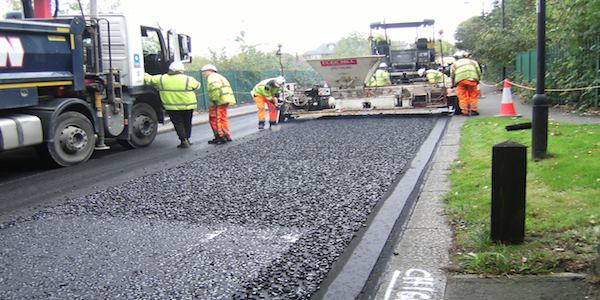
Gallery
Cllr Daniel Anderson, member of the Enfield Council for the Environment, he said: “We all know that plastics can have a devastating impact on the environment, particularly when the product reaches our seas and oceans. We all have a responsibility to step up efforts to help the environment by recycling more and using responsibly sourced materials ”.
La production of plastics has multiplied over the past 50 years. Ocean Watch estimates there are 140 million tons of plastic in the world's seas and oceans. In 2014, less than a third of Europe's plastic waste was recycled, while another third ended up in landfills. Plastic can take up to 400 years to degrade.
The use of this mixture therefore helps not only to recycle the plastic but also avoids the use of the most polluting materials of which asphalt is usually made, including some petroleum derivatives. The plastic used by MacRebur is the same that London citizens differentiate through the special blue containers.
Road monitoring has shown that the asphalt mix is working well and is proving to be a durable solution for road resurfacing. For this reason, given its success, we are already considering using it in other ways.
While the story of holes rages in Rome, London is looking to the future by choosing greener solutions.
READ also:
- Cheaper and longer lasting asphalt from recycled plastic (PHOTO)
- Recycled plastic roads: Holland says goodbye to asphalt
Francesca Mancuso




